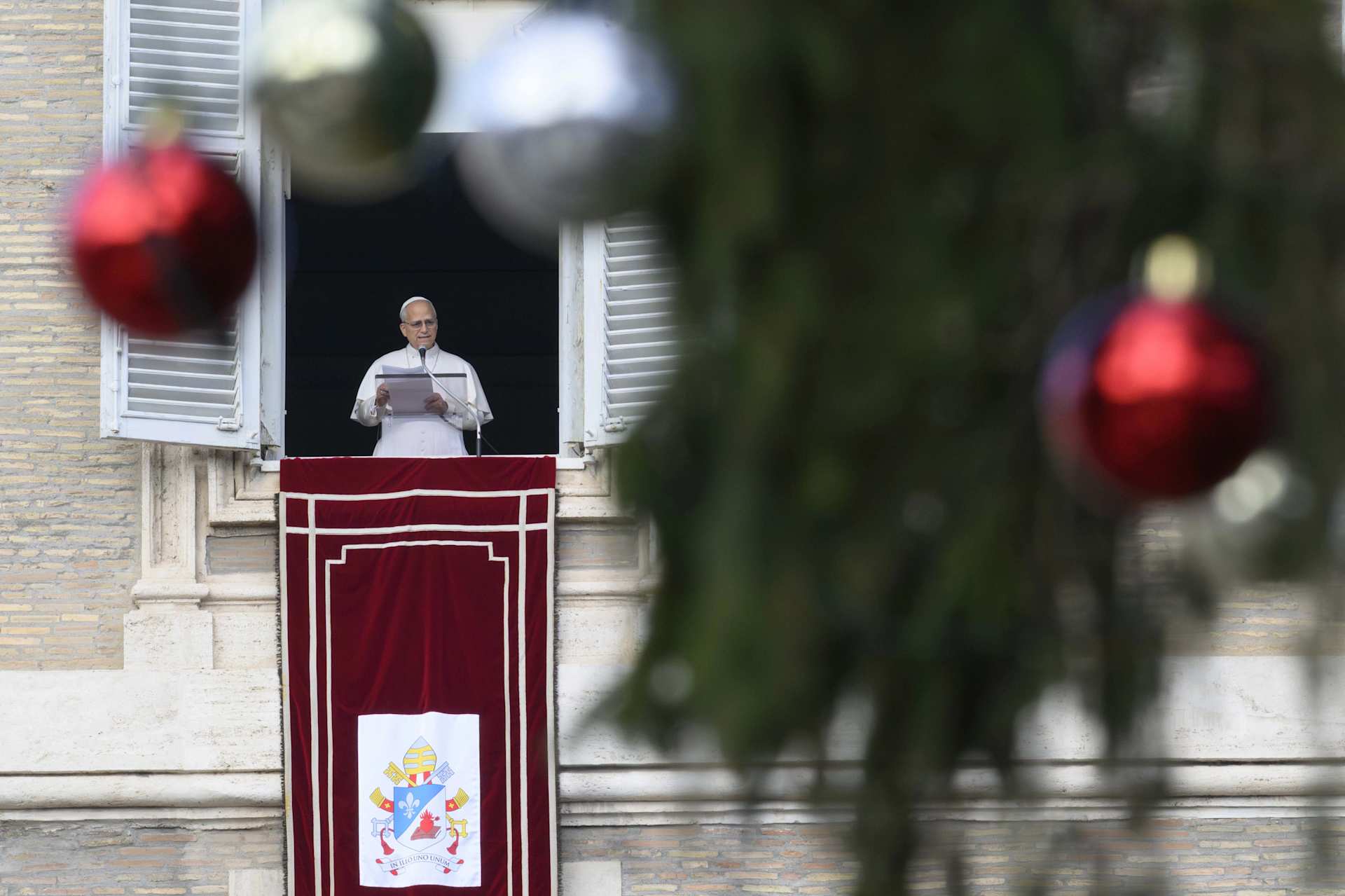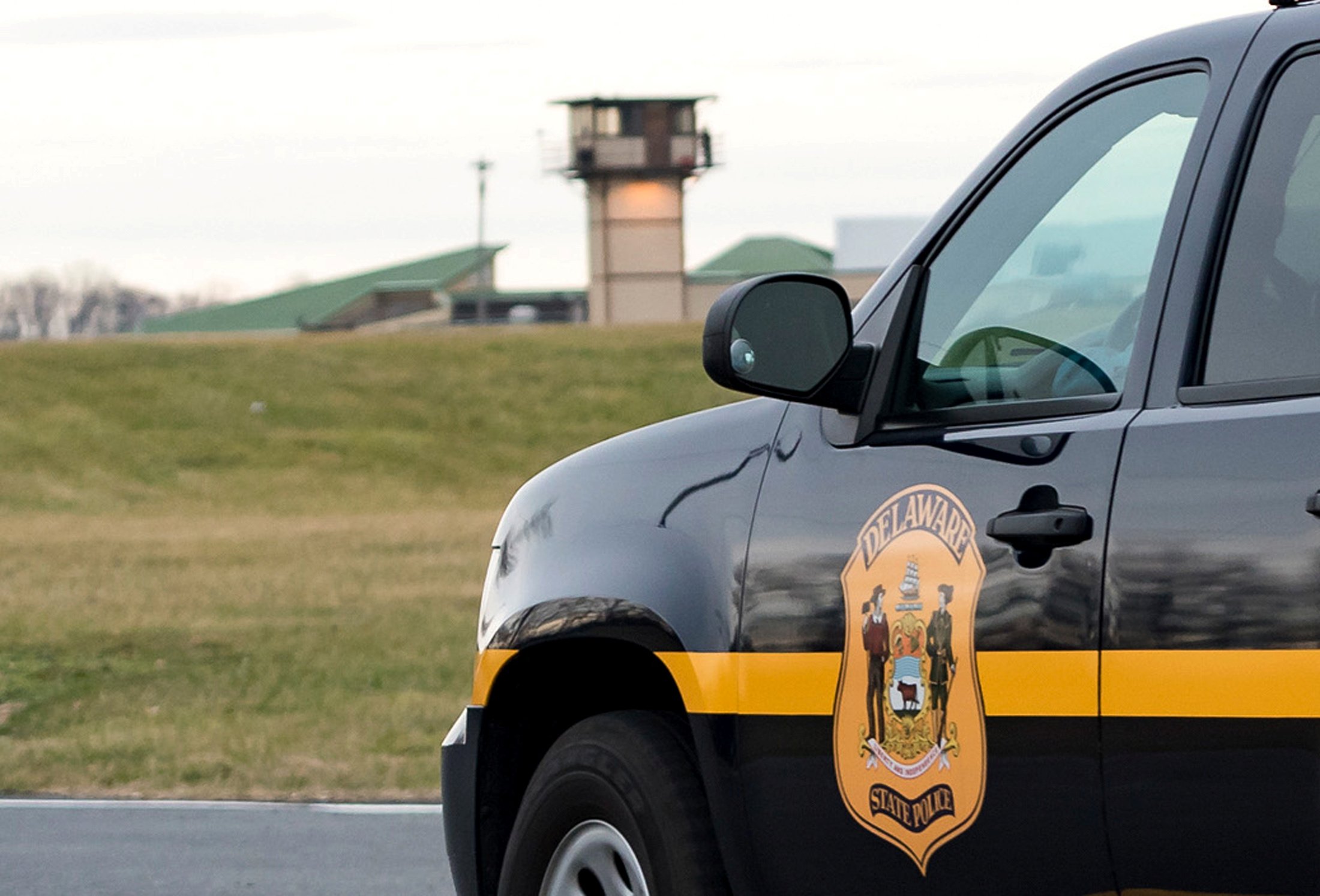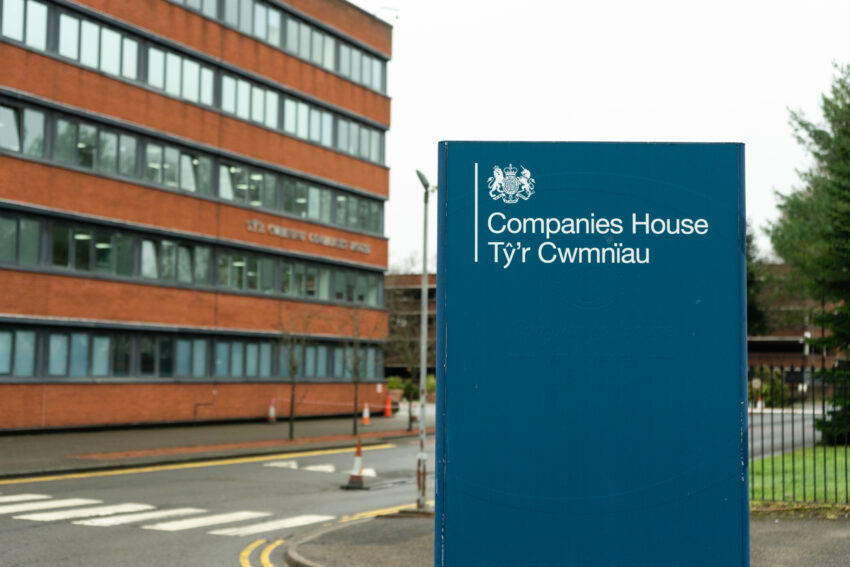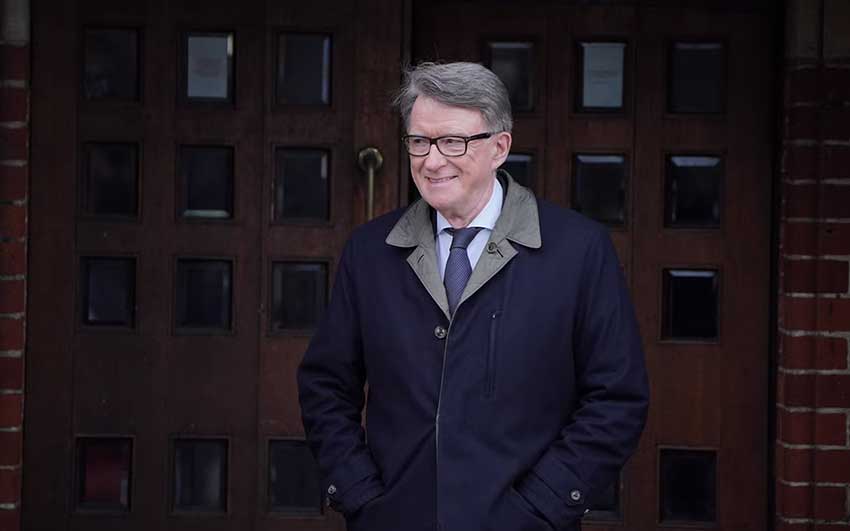The ‘kingmaker’: Trump relishes his diplomacy as he jockeys for Nobel prize
President Donald Trump campaigned on an “America First” policy that rejected the United States’ traditional role of global policeman. His first 200 days in office have said otherwise.
Trump is relishing his role as peacemaker in chief, according to a White House official granted anonymity to speak candidly about the president, believing he can make deals that have eluded his predecessors, showing simultaneously his acumen and his power – whether he’s successful or not.
“He loves being in the position to be a kingmaker for all of these smaller, weaker countries around the world,” the person said.
Trump reminds audiences regularly of the wars he believes he has stopped, emphasizing how long the conflicts have raged. Last week, Trump brought the leaders of Armenia and Azerbaijan to the White House to secure a peace agreement between the long-hostile countries, the sixth such deal of his second term, although his exact role in at least one case is in dispute.
“I’ve solved six wars in the last six months, a little more than six months now, and I’m very proud of it,” Trump said Thursday in the Oval Office.
But on Friday, Trump will face perhaps his toughest test as he meets with Russian President Vladimir Putin in an effort to secure an end to his war in Ukraine.
Trump, who has labeled himself the “president of peace,” has turned his attention to these conflicts in part because of a belief that he can use U.S. clout to end conflicts, according to a second White House official granted anonymity to discuss internal thinking.
It’s a contrast to his 2024 campaign, during which he adopted an “America First” approach, emphasizing domestic affairs over foreign conflict.
“There’s only so much that you know on the campaign trail and then when you get into the West Wing, you understand what the hell is actually happening in the world,” the second official said, referring to intelligence briefings Trump received as president. “And in many ways, had [Trump] known this, I think it probably would have been a larger foundation of his campaign.”
Trump’s turn of attention to settling conflicts also stems in part from his desire to win a Nobel Peace Prize, which he has long sought. Trump, in his pursuit, went so far as to cold-call the Norwegian finance minister last month to ask about the prize.
The prize has also become a go-to for foreign leaders looking to curry favor with the president.
At least six world leaders involved in recent agreements have nominated Trump or endorsed his nomination, including Israeli Prime Minister Benjamin Netanyahu and Cambodian Prime Minister Hun Manet.
Manet nominated Trump after the president brought Cambodia and neighboring Thailand to the table by threatening to halt trade negotiations unless they ended a border dispute.
In addition to Cambodia and Thailand, White House officials say Trump has played a role in ceasefire pacts or other agreements between: Iran and Israel, Rwanda and the Democratic Republic of the Congo, India and Pakistan, Egypt and Ethiopia, Armenia and Azerbaijan, and the U.S. and the Houthis in Yemen. Trump has had less success ending the wars in Gaza and Ukraine.
And White House officials have provided few details of Trump’s strategic involvement.
People close to Trump say the quick succession of peace deals between warring countries is aligned with his campaign vision of putting America First, in part, because the president is tying peace agreements with trade agreements as he recently did with Armenia and Azerbaijan.
“With every one of these peace agreements, there has been some economic benefit to America,” the first White House official noted.
Critics question Trump’s sincerity in securing peace and the permanence of such agreements. John Bolton, who was Trump’s national security adviser during the president’s first term, pointed in particular to the Cambodia and Thailand agreement – where there has already been violence post ceasefire, according to media reports.
“He got them to sign a ceasefire to make sure they could get their trade deals done,” Bolton said. “Maybe the ceasefire will last more than a few days. Who knows? The underlying causes of the tension, the border issues have not been resolved.”
“This is a Donald Trump first policy,” Bolton said. “He wants the Nobel Peace Prize. I think everybody acknowledges now that’s what’s motivating him.”
Trump’s interest in landing international agreements is not a complete policy departure from the president’s first term. At that time, Trump brokered the Abraham Accords, a set of agreements that stabilized diplomatic relations between Israel and several Arab countries. Trump also played a role in the reestablishment of economic ties between Serbia and Kosovo.
While campaigning for his second term, Trump emphasized reduced engagement in international organizations and pushed a more transactional and nationalistic approach – something he and his team called “America First” policy, rejecting the full label of isolationist.
On Friday, Trump will bring that policy into a one-on-one meeting with Putin. In the days leading to the summit, the president and his senior aides have downplayed expectations, with the president even calling it a “feel-out meeting.”
Of the conflicts raging around the world when Trump took office, he thought Russia and Ukraine would be “the easiest one” to resolve. On Thursday he acknowledged, “it’s actually the most difficult.”



















:quality(85):upscale()/2023/09/18/918/n/1922398/a1136b676508baddc752f5.20098216_.jpg)
:quality(85):upscale()/2025/10/09/670/n/1922283/00b944c868e7cf4f7b79b3.95741067_.jpg)
:quality(85):upscale()/2025/10/15/765/n/1922398/29c37a6e68efd84bb02f35.49541188_.jpg)
:quality(85):upscale()/2025/09/09/891/n/1922283/7222624268c08ccba1c9a3.01436482_.png)
















